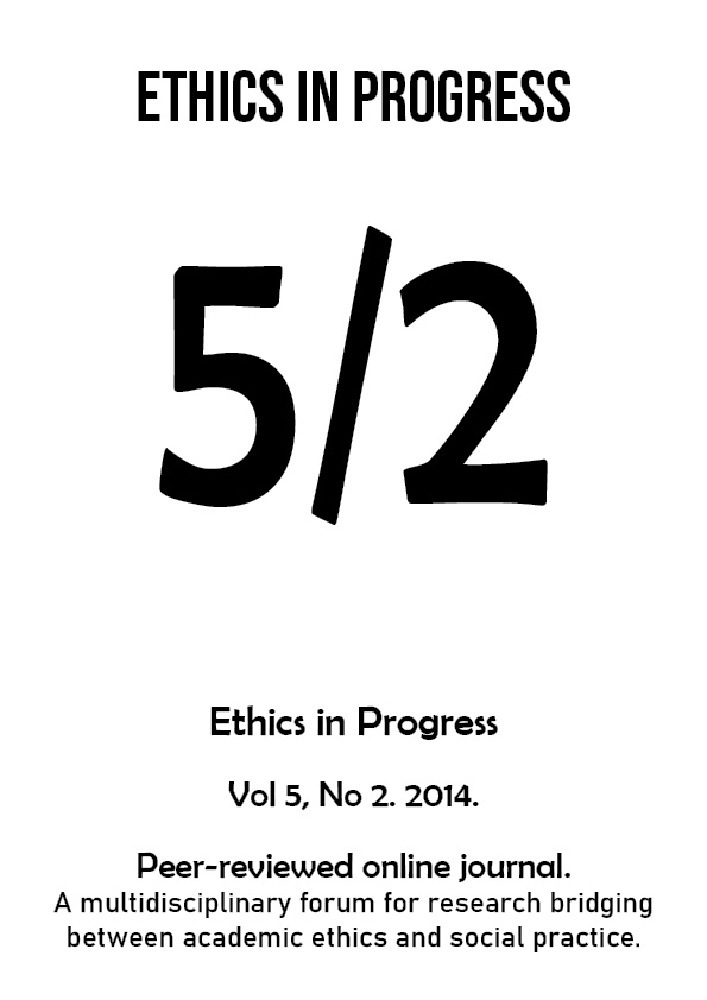Abstract
Henry David Thoreau (1817-1862) develops an understanding of human beings as “part and parcel of nature” that includes the idea that we are physically, spiritually, and attitudinally (more or less) connected to the world around us. The image he offers is one in which life spent too much in civilization, where work and social expectations determine the quality of one’s daily life and personal character, lead to lives of boredom, conformity, and misplaced priorities. Time spent in more natural environments is the antidote. Such experiences have the potential to jar us out of the conformist and—to his mind—personally stunting existence into which most fall. Growth and liberation come from experiencing the “More” of which both nature and we are a part. Thoreau calls us to reevaluate our values and priorities by being in a right relationship with nature, which does not require that we accept all of his particular ontological commitments. The argument that emerges for greater protection of the environment is admittedly quite human-centered. However, Thoreau’s insight that we are part and parcel of nature is important because, as Aldo Leopold later argues, we can only progress beyond a prudential approach to nature when we see ourselves as part of the larger whole. The world looks different when it is our home and community as opposed to being mere material to be used or a stage on which our lives unfold.
References
Bennett, J. 1994. Thoreau’s Nature: Ethics, Politics, and the Wild. Thousand Oaks, California: Sage Publications.
Buell, L. 1995. “Thoreau and the Natural Environment.” In Myerson, J. (Ed.), The Cambridge Companion to Thoreau. Cambridge: Cambridge University Press: 171-193.
Callicott, J. & Nelson, M. (Eds.). 1998. The Great New Wilderness Debate. Athens, Georgia: University of Georgia Press.
Emerson, R. 1983 [1849]. “Nature.” In Porte, J. (Ed.), Ralph Waldo Emerson: Essays & Lectures. New York: Library of America: 7-49.
Harding, W. 1982. The Days of Henry Thoreau: A Biography. Princeton, New Jersey: Princeton University Press.
Hoag, R. 1995. “Thoreau’s Later Natural History Writings.” In Myerson, J. (Ed.), The Cambridge Companion to Thoreau. Cambridge: Cambridge University Press: 152-170.
Leopold, A. 1987 [1949]. A Sand County Almanac, and Sketches Here and There. New York: Oxford University Press.
Nabhan, G. 1993. Learning the Language of Fields and Forests. Forward to: Thoreau, H. (1993): xi-xviii.
Richardson, R. Jr. 1986. Henry Thoreau: A Life of the Mind. Berkeley: University of California Press.
Schneider, R. 1995. “Walden.” In Myerson J. (Ed.), The Cambridge Companion to Thoreau. Cambridge: Cambridge University Press: 92-106.
Thoreau, H. 1993 [1849]. “Civil Disobedience.” In Smith P. (Ed.), Civil Disobedience and Other Essays. New York: Dover Publications: 1-18.
Thoreau, H. 1993. Faith in a Seed: The Dispersion of Seeds and Other Late Natural History Writings. Dean, B. (Ed.). Washington, D.C.: Island Press.
Thoreau, H. 1993 [1863]. “Life without Principle.” In Smith, P. (Ed.), Civil Disobedience and Other Essays. New York: Dover Publications: 75-90.
Thoreau, H. 1985 [1864]. The Maine Woods. In Sayre, R. (Ed.), Henry David Thoreau: A Week on the Concord and Merrimack Rivers, Walden, The Maine Woods, Cape Cod. New York: Literary Classics of the United States; The Library of America: 589-845
Thoreau, H. 1993 [1860]. “A Plea for Captain John Brown.” In Smith, P. (Ed.), Civil Disobedience and Other Essays. New York: Dover Publications: 31-48.
Thoreau, H. 1995. Selections From the Journals. Harding, W. (Ed.). New York: Dover.
Thoreau, H. 1993 [1854]. “Slavery in Massachusetts.” In Smith, P. (Ed.), Civil Disobedience and Other Essays. New York: Dover Publications: 19-30.
Thoreau, H. 1963. Thoreau: People, Principles, and Politics. Meltzer, M. (Ed.). New York: Hill and Wang.
Thoreau, H. 1985 [1854]. Walden. In Sayre, R. (Ed.), Henry David Thoreau: A Week on the Concord and Merrimack Rivers, Walden, The Maine Woods, Cape Cod. New York: Literary Classics of the United States; The Library of America: 321-587.
Thoreau, H. 1993 [1862]. “Walking.” In Smith, P. (Ed.), Civil Disobedience and Other Essays. New York: Dover Publications: 49-74.
Thoreau, H. 1985 [1868]. A Week on the Concord and Merrimack Rivers. In Sayre, R. (Ed.), Henry David Thoreau: A Week on the Concord and Merrimack Rivers, Walden, The Maine Woods, Cape Cod. New York: Literary Classics of the United States; The Library of America: 1-319.
White, L. Jr. 1994 [1967]. “The Historical Roots of our Ecologic Crisis.” In Gruen, L. & Jamieson, D. (Eds.), Reflecting on Nature: Readings in Environmental Philosophy. New York: Oxford University Press: 5-14




